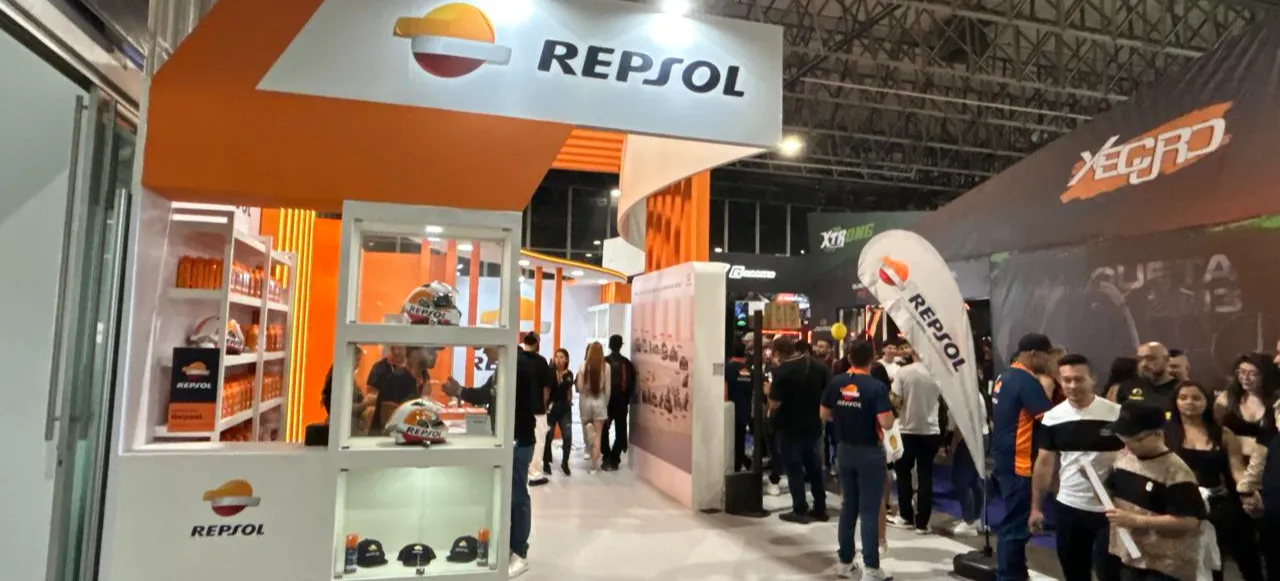How the correct use of industrial lubricants can improve your machinery’s energy efficiency

In the complex industrial world, increasing energy efficiency is a major concern, as it is a key factor in optimizing machine performance and reducing operating costs.
In this process, an essential and often overlooked component is the proper use of industrial lubricants. Here's how this type of product can help you achieve greater efficiency.
Industrial lubricants and energy efficiency
In the current economic climate, where energy is a precious and expensive commodity, any effort to make the best use of energy at the best price is welcome. That’s why industries are trying to work towards energy efficiency at all stages of the production cycle, from the engines themselves to the choice of lubricating oils.
These are some of the qualities or characteristics of industrial lubricants that help improve energy efficiency.
Protection
To begin with, it should be noted that quality industrial lubricants act as a protective shield, preventing premature wear and tear of machine components. The presence of contaminants and corrosion can increase friction and affect the machinery's performance, that's why the proper use of lubricants is important, which work by forming a film between the moving metal surfaces, avoiding energy leaks in the system and of course extending the useful service life of the equipment itself.
Thermal stability
Another function of industrial lubricants is to transfer the heat generated to cooler areas of the machinery, minimizing thermal degradation and making the equipment operate more efficiently and with much more controlled temperatures, which translates to lower energy consumption.
Optimum viscosity
The specific formulation of industrial lubricants is designed so they can be adapted to different operating conditions and temperatures, allowing for optimum viscosity in various circumstances.
Technological development and investment in innovation are making industrial lubricants of increasingly higher quality and performance. These lubricants, which are designed to withstand adverse conditions, extreme temperatures, heavy loads, and unfavorable environments, help to extend the useful service life of the equipment thanks to their specific formulations.
In the end, it is about creating solutions that protect the machinery, reducing friction and wear and tear, and improving the energy equipment’s efficiency, reducing costs, and betting on more advanced and sustainable products in the current climate guided by changing needs.
Related contents




